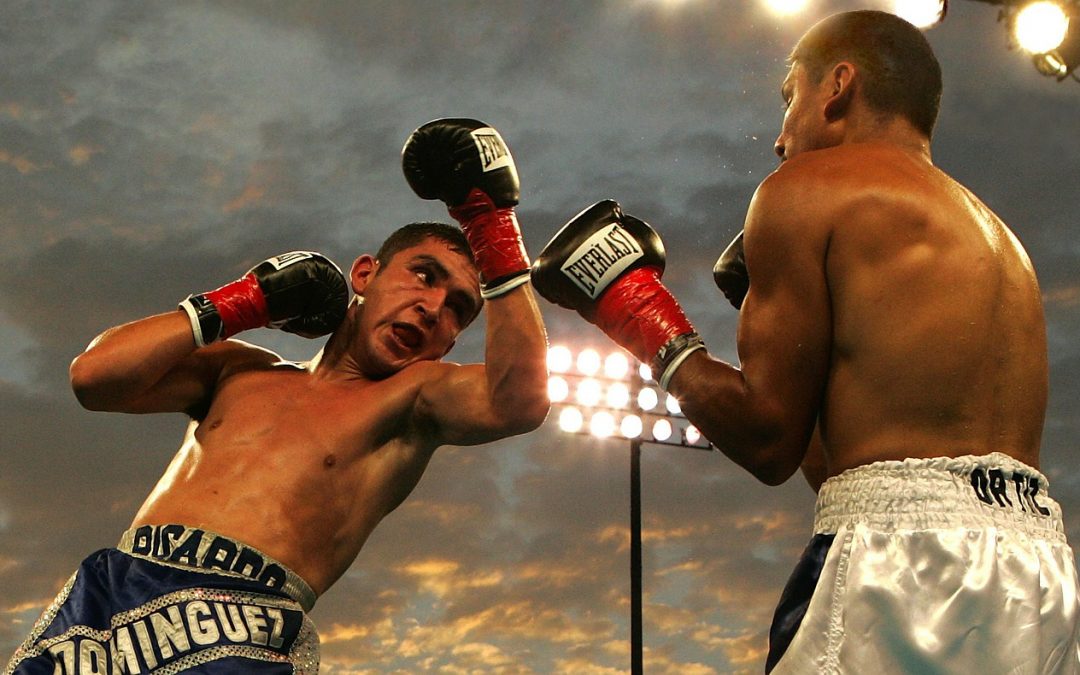
by admin | May 11, 2019 | Resources
Life kicks us left and right. But is there something from it to learn? What’s the New Age Perspective tells me about it?
“You should never view your challenges as a disadvantage. Instead, it’s important for you to understand that your experience facing and overcoming adversity is actually one of your biggest advantages.”
– Michelle Obama
What helped me understand my own suffering, are different cultural perspectives towards illness, neatly described by Ken Wilber in his book: Grace and Grit.
Each of the next five posts will be dedicated to 1 of 5 cultural perspectives. Here is the first perspective that I find relevant and short descriptions of what it means to me:
1. “New Age Perspective – illness is a lesson. Disease happens as there is something important you have to learn from it to further your spiritual growth and evolution.”
My dear late friend, Lee Jones used to say: “Everything happens for a reason”. My accident, loosing my boyfriend and huge trauma is an extreme form of suffering. Is there something in it for me to learn from? I believe so. I believe that there is something more behind suffering than just suffering. My situation presented me with a lot of challenges. Patience is one of them. Acceptance is another. I choose these two to become my spiritual teacher.
As I am stack in hospital bed and can’t ‘control’ my life as I used to, patience is the most challenging.
What is patience? I actually need a dictionary to define it as it is too alien trait for me. I must admit, it was never my virtue. Not sure how I managed 4 years as a teacher or last few years with my boss. Dictionary describes patience as “the ability to endure difficult circumstances such as perseverance in the face of delay; tolerance of provocation without responding in annoyance/anger; or self-control when under strain, especially when faced with longer-term difficulties. Patience is the level of endurance one can have before negativity.”
For most of my life I was like a bullet, acting quickly, expecting short-term rewards and running rampant to achieve my goals. Before I would have called it an ambition…. but no, now I see it was just BEING AFRAID OF UNKNOWN. I tried to ‘control’ my life and the outcomes by putting enormous pressure on myself and others instead of trusting and allowing life to unfold with minimum interference.
Now my situation pushed me to be present without certainty what’s going to happen. Will I ever walk? When will I walk my dog if I walk? Will my knee ever bend? Will I ever dance, travel, drive?
Patience forces me to be present without certainty. It also creates an unsettling feeling around my loss of control. Yes, I worry and I am anxious because of that. But at the same time, I feel patience, even though it is so hard to practice, helps me endure my difficult situation. In the moments when I am patient, I feel true peace and soothing surrender.
The spiritual teacher Meher Baba stated that “One of the first requirements of the spiritual aspirant is that he should combine unfailing enthusiasm with unyielding patience…spiritual effort demands not only physical endurance and courage, but also unshrinking patience and irrefutable moral courage.”
Famous novelist Leo Tolstoy summarized the importance of patience with the following: “The strongest of all warriors are these two – Time and Patience.”
Fu*k the speed and control. I lost both anyway. Or maybe they were just a delusion from the very beginning?
Let me try to win the battle with my two new and very quiet friends – time and patience; ok, ok, to be realistic, I am allowing myself for delusional sense of control from time to time. Born control freak died control freak. Except that now I will be more patient.
Much love,
Kasia
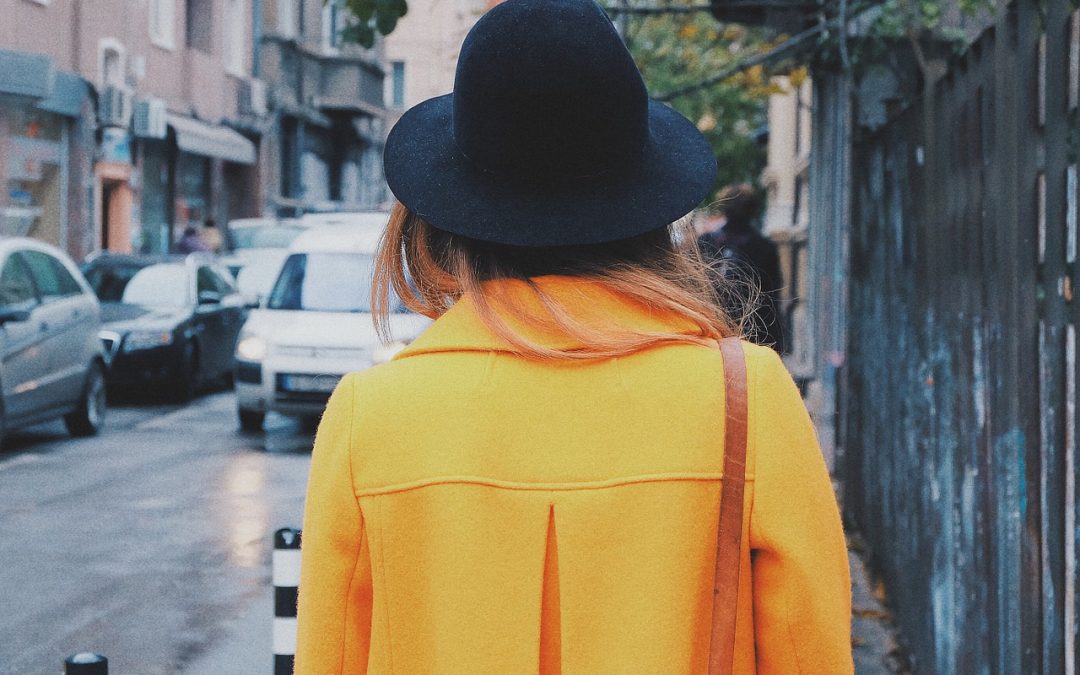
by admin | May 11, 2019 | Resources
5 weeks after my accident I rely on pethidine to keep me unconscious and away from feeling physical and emotional pain. It helps me manage the worst pain and time in my life. The less conscious I am the better.
“Acceptance of what has happened is the first step to overcoming the consequences of any misfortune. “
– William James
During times when I am conscious, I can’t stop asking:
There are no straight answers. But I want to find meaning to all this pain. I am driven to know. Should I prepare to live life of disabled person? I don’t know. My family and friends who come to visit also don’t have answers. The worst part in not knowing. Not knowing is definitely the worst part.
I feel sad and powerless. I feel frustrated and angry. And sad and hopeless again. What an emotional roller-coaster. It is like this for weeks.
Time for another pethidine.
I wake up to the same questions. This time I feel some shift in my being, maybe it’s still a drug or perhaps it’s a higher wisdom…but there is an answer coming:
– “Why not me!”.
This answer liberates me in some way. There are millions of people suffering of hunger, poverty, wars…many people had heart-breaking accidents like me. Many were severely injured, and many lost someone they loved so much. Some lost their tribes, homes, lands altogether. It would be very superior of me to think that pain and suffering are only for others to be experienced. It’s the first time that I start feeling an acceptance of my own pain. Before I was rejecting it. By rejecting my own pain, I was suffering more. I suffered being stuck. I suffered powerless, helpless, hopeless victimhood which made me deny any responsibility for my negative circumstances and deny possession of the power to change those circumstances.
My accident pushed me inside. I don’t wish anybody a tragic accident as mine, but I wish every person going through any adversity the grace and peace that’s coming from coming inside. I realised that if I don’t know who I am, I still am. And that’s good enough. My accident was a catalyst of me confronting my biggest feelings, patterns and pain. Doing so made me consider the deeper meaning of my existence.
By accepting my pain comes a feeling of compassion. I feel I am not alone in my suffering. I feel somewhat united with everybody who suffers, no matter what reason. I suffer with them in unity. Moreover, for the first time I feel a strong desire to take action and alleviate the suffering I witness. Starting with my own suffering…applying (new to me) self-compassion first. Then I spread it to patients in my hospital room. Something shifts in me…light starts breaking through the cracks of my resistance.
Inspired by Ken Wilber and his book “Grace and Grit”, I start observing two different dimensions of illness, in me and in others.
Illness in my case is physical – it’s broken bones, blood loss, or low haemoglobin with all affiliated symptoms. It is a scientific phenomenon with scientific dimension. It’s mechanical and tangible.
What people think of illness and how they deal with it is a different story. Wilber calls this dimension as “sickness”. There is value attached to it. People can think it’s bad or good, they can judge it, fear it, create myths and stories about it. They can assign meaning to a particular illness and such meaning can create a ‘make or break’ of someone’s healing process. Sickness in this sense is less tangible or obvious and depends very much on what is held in the eyes of beholder.
I find this concept extremely helpful in the process of my own healing.
I feel that acceptance of my own illness was a stepping stone to my physical but also emotional and spiritual healing. It put things in motion. My personal response to my illness became softer and self-compassionate. I was saying good bye to my internal victim and embraced a survivor within me with an open arms and heart.
Wishing you the same.
Much love,
Kasia
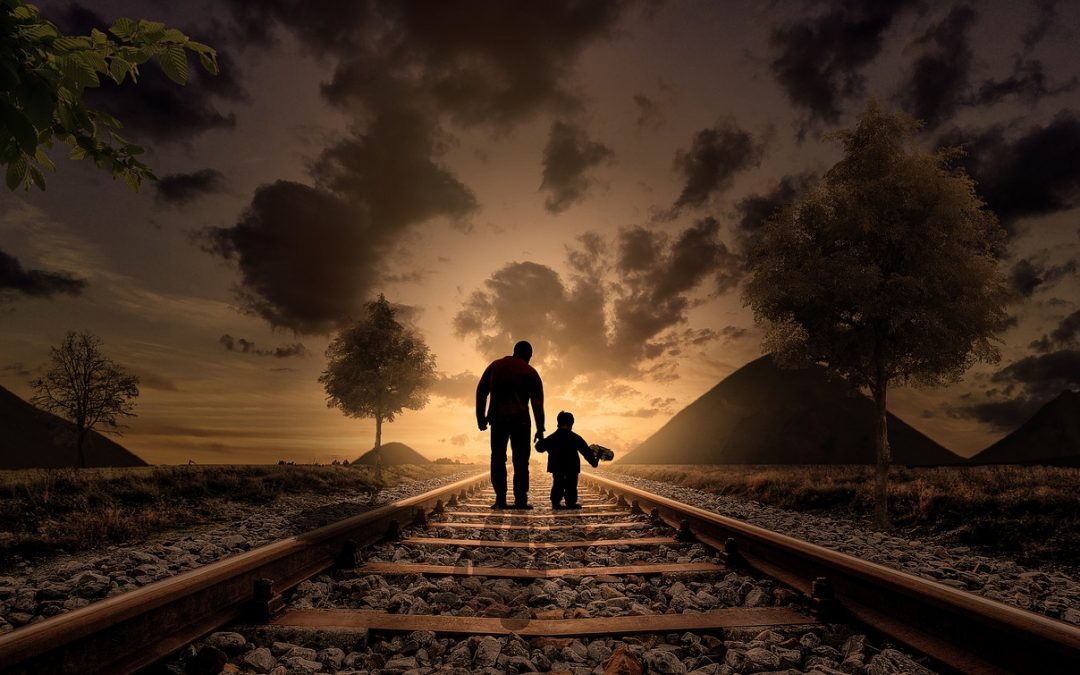
by admin | May 10, 2019 | Resources
Are you more of a survivor or a victim? Some people exclusively use the term “survivor” over “victim,” and vice versa.
” I beg you take courage! The brave soul can mend even disaster”
– Catherine The Great
Digging for courage within myself became my daily bread, first in the hospital, and later at home.
For the first three weeks I was completely stuck in bed, immobilised and reliant on nurses to wash and change me. The only things I was doing myself was breathing, seeing, hearing and feeling pain, both emotional and physical.
In week 4 my physiotherapist, Ashleen started to sit me up on bed, which was the first huge baby step in my recovery. What a shock for my body it was. I was fainting after few seconds of propping my body up. It took us few days to repeat it before sitting became natural again.
The second step was to sit me up and let me legs hang down the bed. They warned me that I can feel a weird electricity like sensation in my legs, it’s blood circulating down the veins in vertical way for the first time in a month. Indeed, it was a shock, I started to faint again. And as with sitting, this step also took few days to repeat before it felt ok.
The third step was exciting and scary at the same time. With the help of 3 physiotherapist and one nurse I was being moved from the bed to the chair. It was the first time in a month when I put my healthier left leg on the ground. It was somewhat touching. Sitting on the chair made me feel a little healthier since I haven’t had to be in my bed all the time. This routine was repeated every morning from that moment on. I will never forget reaction of my friend Kasia and her son Alex, when they entered a room and saw me sitting. We all ended up crying the tears of joy of this tiny yet so important breakthrough. Kasia took a picture of me on the chair and sent to our group of friends. Their touching and loving reactions were priceless. It was the first moment when I felt more courage in me and will to push forward.
With step three came step four. My digestion system started to work better when I was propped. Being in bed for so long, and reliant on dippers and nurses was dehumanising, I felt my dignity was challenged here. This whole thing blocked me so much that I suffered from constipation, surely affected by medications as well as my psychological blockage. Since I started to feel more empowered, my digestion system became more active and I was on the chair and not in bed, I didn’t want to be on dippers anymore. I asked my nurses to come with solution to take me to ladies. It was the whole operation! With the help of four nurses, one holding my leg, the other two pushing the commode chair and last one opening the bathroom door they managed to install the chair over the toilet leaving me to my business. I can’t express in words how liberating and wonderful it was to satisfy my most basic physiological needs all by myself. A beautiful tear of joy run down my cheek this day. It made me realise how much I used to take things for granted.
The fifth step was to stand me up holding on to the frame and do some gentle movement of my severely injured leg. It took few days again before passing out stopped. On the beginning passing out took place around one minute after doing the exercise, but with the repetition in the following days I felt I built the endurance to be up for around 5 minutes before my body was too weak to continue.
The sixth step was to hop on my left leg holding on to the frame. The idea was to hop away from my room to the corridor. Couldn’t make it during the first try as my body was passing out again. Few days later I saw the corridor of my ward for the first time. It was a wonderful feeling. Another important breakthrough. My perspective was expanding, now I could see what was happening beyond my hospital room. I was up on my leg, facing people from upright position. It was a progress. Few weeks later I could hop the whole length of the corridor and back. The strength was building up.
Seventh step was related to another basic yet indispensable task of taking a shower by myself. It was in the second month in the hospital when my favourite sparkly nurse came in the morning with a bowl of water to wash me. He stopped half way coming up with an idea of taking me to the shower room instead. I liked the idea and was scared of it at the same time, knowing that my body was still weak and I was paranoid that another accident can happen. But she knew what she was doing and I trusted her. Again, taking me there on the commode chair was like a big adventure. When I was finally installed under the shower and left alone, I couldn’t stop smiling. Water has healing property that goes way beyond simple hydration.
Taking this first shower in months cleansed me from stress, and increased my energy and sense of bliss. I felt like a five years old child in Disneyland, just pure joy. Such simple shower provided me with magic. Its warmth embraced me in perfect union with its relaxing and soothing sound. Again, I realised, how underappreciative I was before the accident realising how much for granted, I was taking such blissful things like this. Sometimes I was so busy in my mind that I was not even remembering taking one. Now it was a different story. I was in beautiful state of awareness and remained in the shower until water got cold. It was time to come back to bed.
What were your steps to betterment? Your sharing can help others to find an inspiration.
Much love,
Kasia
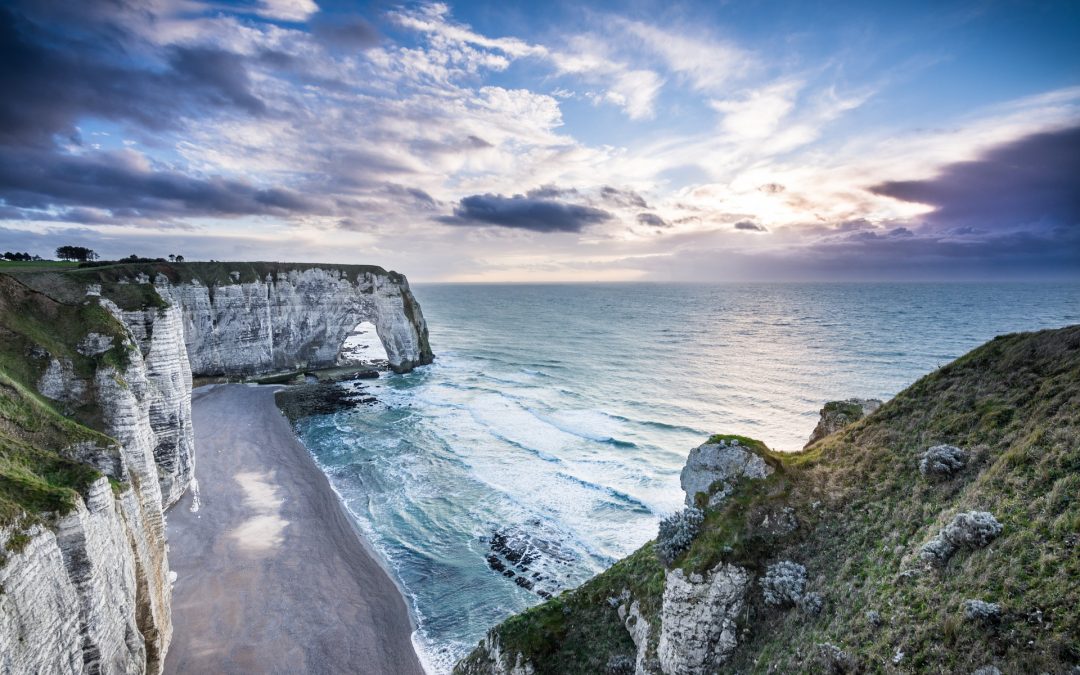
by admin | May 10, 2019 | Resources
Are you more of a survivor or a victim? Some people exclusively use the term “survivor” over “victim,” and vice versa.
“Forgiveness has everything to do with relieving oneself of the burden of being a victim – letting go of the pain and transforming oneself from victim to survivor.”
― C.R. Strahan
Survivor vs Victim
The words “survivor” and “victim” have very different connotations. Being a “victim” implies helplessness and pity, which might not adequately describe the experiences of some people who experienced a road accident. Experiences will always vary from person to person.
However, what’s so different about the term “survivor” is that it implies that people are able to take control of their own lives. “Surviving” conveys that the person is still fighting, learning to live despite various physical or psychological disabilities after experiencing an accident.
There’s a sense of mobility with the word “survivor.” Term “survivor” implies progression over stagnancy, and many choose to see themselves as survivors because it serves as a term of empowerment, rightly so.
On the other hand the term “victim” is associated with being trapped, and not being able to move on. “Victim”-ising yourself alters your identity into being a victim, being passive in the face of misfortune.
In my own experience after the accident, I felt a victim initially. I couldn’t understand why life treated me so severely and I was so weak physically and mentally that I had no energy to fight. I felt I am stuck in the situation which in un-resolvable. No ability to walk, no ability to earn money, no ability to smile, no ability to do things I loved doing before…I also missed my passing Boris so much. It all sounds like hundreds of legit excuses not to raise above it. I was very much trapped in those justification.
What eventually kicked me of the victim-mode were two things:
1. A large number of family and friends coming to visit me in the hospital. They gave me strength. I could feel their love, kindness and respect. They reminded me about my old good self, and it was reflected in the way they treated me. They were happy I am alive and that I’ve survived. Even though initially I didn’t share their excitement about my survival, they were my motivation to smile and start believing in life again, so that I could set myself on the path to recovery.
2. Accepting what happened to me. It was extremely difficult at first, there was loads of resistance, a lot of anger. I surrendered around 5 months after an accident. Now I see it as one of the most transforming and spiritual experiences in my life. I will write about it in another post.
Empowering myself in the context of a traumatic and life-changing experience was definitely not as easy experience. However, making this switch have impacted the healing process in
a positive way for me.
I am a survivor. I am grateful that life gave me a second chance. Now it’s my time to pay back and give life another chance too.
As Steve Goodier says: “My scars remind me that I did indeed survive my deepest wounds. That in itself is an accomplishment. And they bring to mind something else, too. They remind me that the damage life has inflicted on me has, in many places, left me stronger and more resilient. What hurt me in the past has actually made me better equipped to face the present.”
Much love,
Kasia
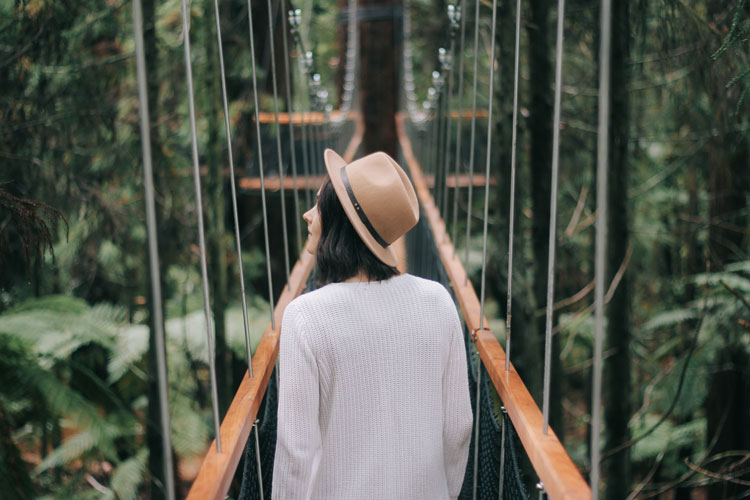
by Kasia Lyczkowska | May 10, 2019 | Resources
Confession of Accident Survivor
What I want is to ease the experience of recovery and to increase survivors’ self-efficacy through support group, story telling and resource sharing, all of which has a potential of strengthening coping, as well as reducing isolation and hopelessness.
My name is Kasia Lyczkowska and I am a motorbike accident survivor. Sunday the 24th of June 2018 changed my life forever. Me and my love, Boris were coming back from shopping at Bay Street going in direction on St. Venera. We entered the Kappara junction tunnel just to skid on something wet (on the dry day) and loose control half way through, hitting the wall on our right side. Seconds later I was thrown on the left side of the road while Boris still tried to regain control ending 50 meters away from me.
The aftermath was tragic. After two days in induced coma I was waken up to the worst news. My Boris didn’t make it due to severe head injuries. I wanted to die…the survivor guilt was taking over, just like my physical injuries. Broken hips, ribs, pelvis, right leg was beyond hope initially, and I learn later that they wanted to amputate it. Fractured femur, tibia, fibula and smashed knee. I underwent two surgeries, first one on day of accident was to align the leg and bones in straight line with external fixators, and second one, 10 days later to reconstruct my knee and apply metal rods and screws throughout my leg and heaps. I also got many blood transfusions due to massive blood loss.
The recovery was long and difficult. There were many days filled with frustration and anger that things won’t be the same. That I won’t be the same. That’s I might no function the same. Questions like: would I ever walk, drive, dance, cycle or ski couldn’t get our of my head. I was one active lady once, and within seconds of that very Sunday afternoon, I was confined to bed, where I even could’t go to the toilet on my own for the first months. Thankfully, there were also brighter days with baby-steps progress. I eventually managed to let go and acceptance my situation embracing patience and time as my best teachers in my recovery journey.
I suffered physical, emotional and existential pain. I faced loss of the best man in my life, I lost my mobility and meaning in life. If it wasn’t for my family and friends and their heartfelt support I wouldn’t make it. But I did make it. Something wanted me to stay here. So, I am alive, far from perfect, but grateful – and if there is something I want most in my life now, it is to give back. I want to serve accident survivors and give any support possible as a fellow survivor, be it on individual or group level. I can offer a listening ear, a smile, hand-holding, tears-sharing, hope and sense that you are not alone.
I also want to create a community of helpers, and partner with a kind-hearten people who wish to help the accident survivors to raise physically, emotionally and mentally again.
If you think you are the right person with motivation and ability to help, please contact me through Get Involved page.
Much love,
Kasia
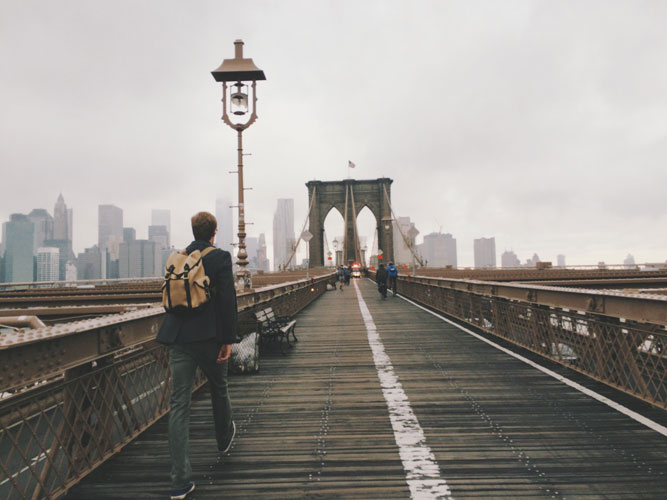
by Kasia Lyczkowska | May 9, 2019 | Resources
After spending over 2 months in Mater Dei hospital and asking for psychologist who could help me in dealing with my grief and PTSD, I started to loose my hope. I learnt I am on waiting list, and that psychologist might be assigned within 6 months. I needed psychological help immediately, God knows where I am going to be in 6 months.
When my friend, Anne asked what I needed, after witnessing my outburst of frustration,
I answered without hesitation: I need to speak with someone who went through a similar ordeal but is standing tall now. I needed hope injection urgently! I needed to learn from someone that it is possible to survive such pain and suffering and come on the other side. The next day, a lovely gentlemen called Noel came on his wheelchair to my hospital room. He was Anne’s friend who lost his leg due to thromboses. He told me his story, answered my questions and shared his tips regarding recovery.
The words and acts of kindness are more healing to a drooping heart than balm or honey. Sarah Fielding
The traumatic injuries resulted after an accident not only affected my physical functioning but also the psycho-social health. I was in grieving process after losing Boris, and getting depressed not knowing what’s ahead of me. I was in physical pain, disabled to walk, and I was having panic attacks and post-traumatic stress leaving me breathless.
Noel’s voluntary gesture of coming to see me changed my perspective. He helped me realise that I am not the only one, and there is many other people who went through a tragic circumstances and managed. Noel in fact. managed really well. According to him, his life became much more active and meaningful after the amputation. He part-takes in marathons and travels the world, there is nothing to stop him. What an inspiration! His gesture and impact it had on my recovery, inspired my new mission which is:
To connect with, and empower accident survivors by providing peer support groups facilitating their recovery.
So, what’s in it for you? These are some benefits of joining a peer support group:
-
Gaining support and hope from others facing similar experiences
-
Feeling less anxious, afraid or alone
-
Sharing experiences and helping others by doing so
-
Learning new skills for coping and enhancing your life
-
Becoming more self-confident
-
Feeling more in control
-
Developing new friendships
Recovery is never a straight process, it’s usually a long bridge covered in fog of confusion and not knowing what’s next. Why not crossing this bridge together with those who already crossed it before you?
Much love,
Kasia







Recent Comments